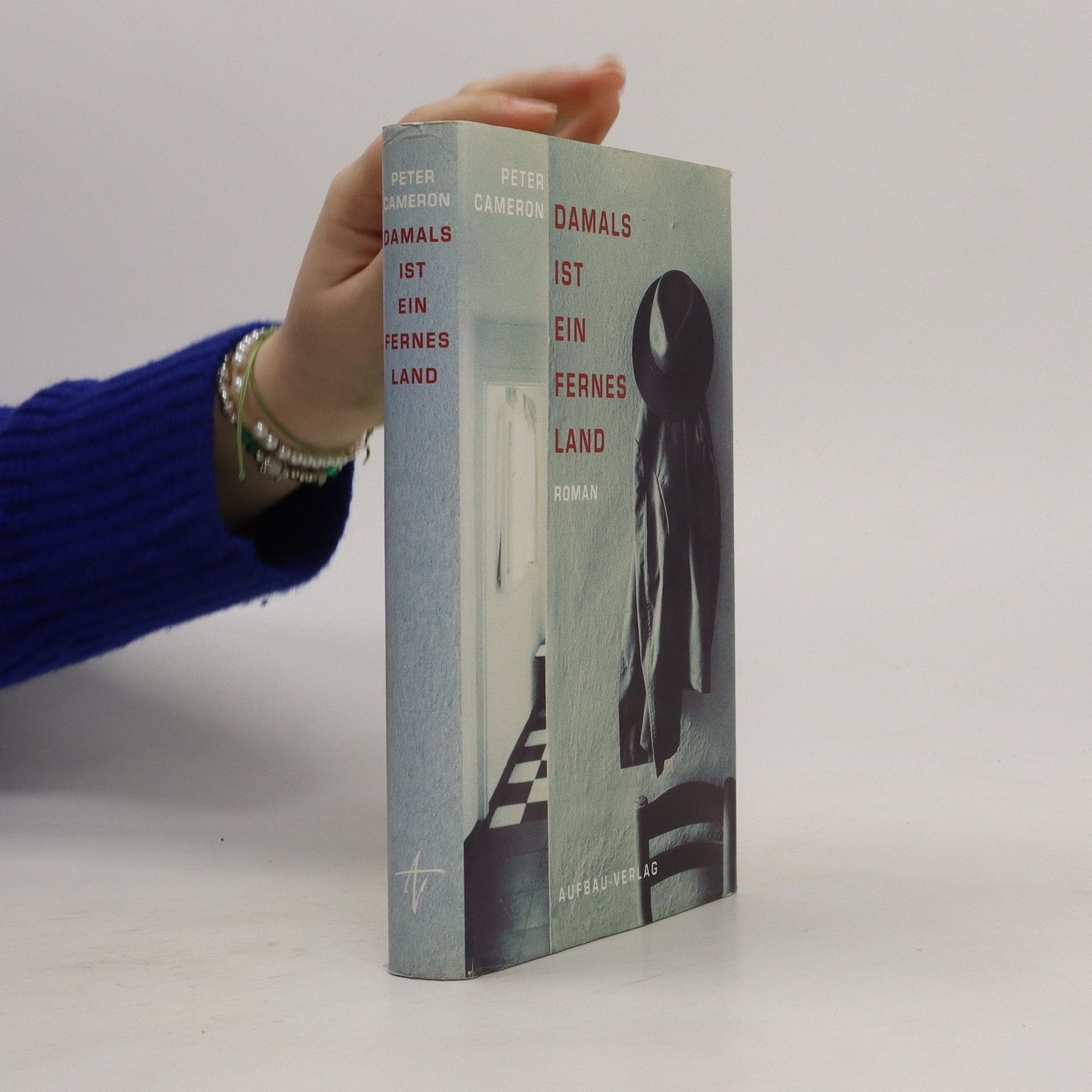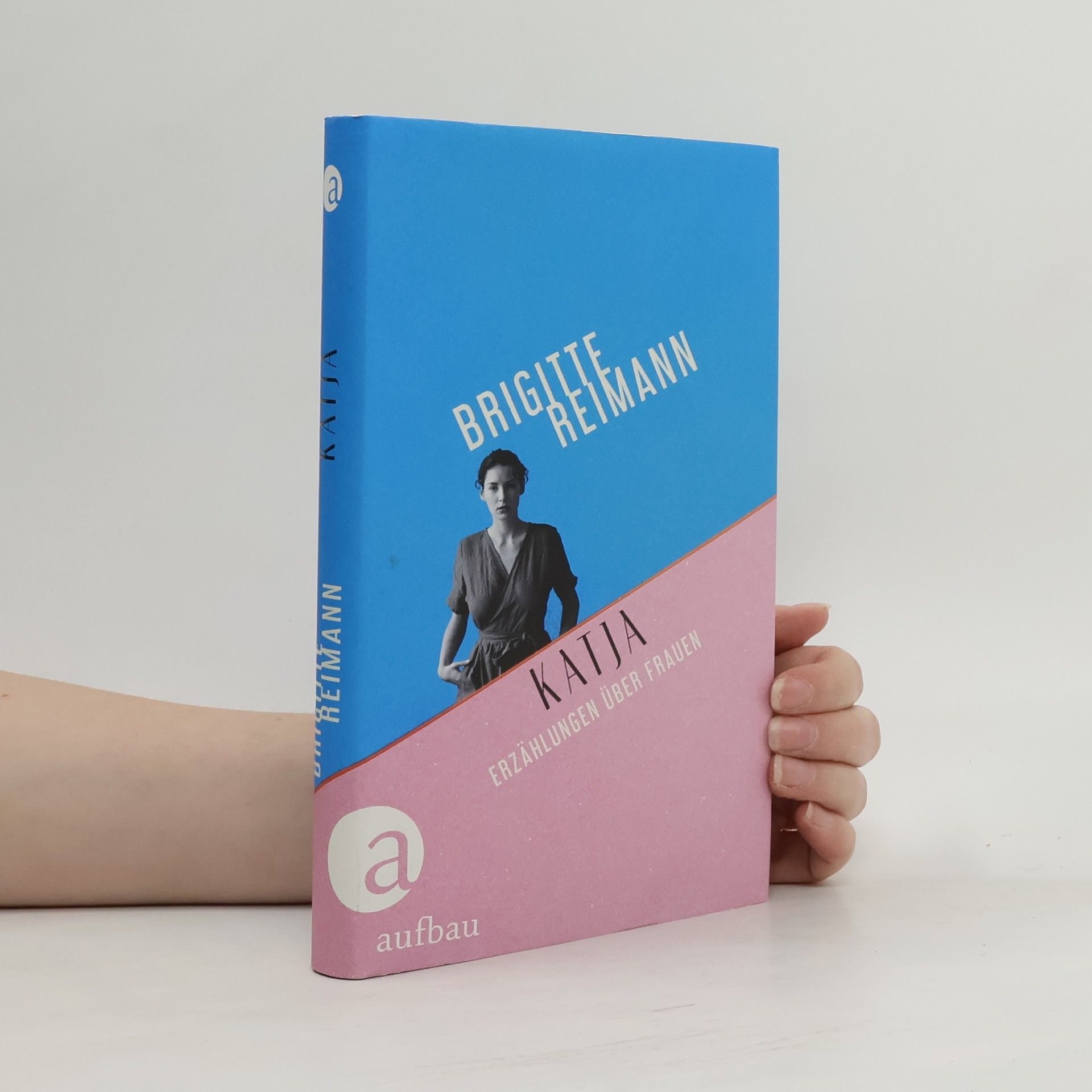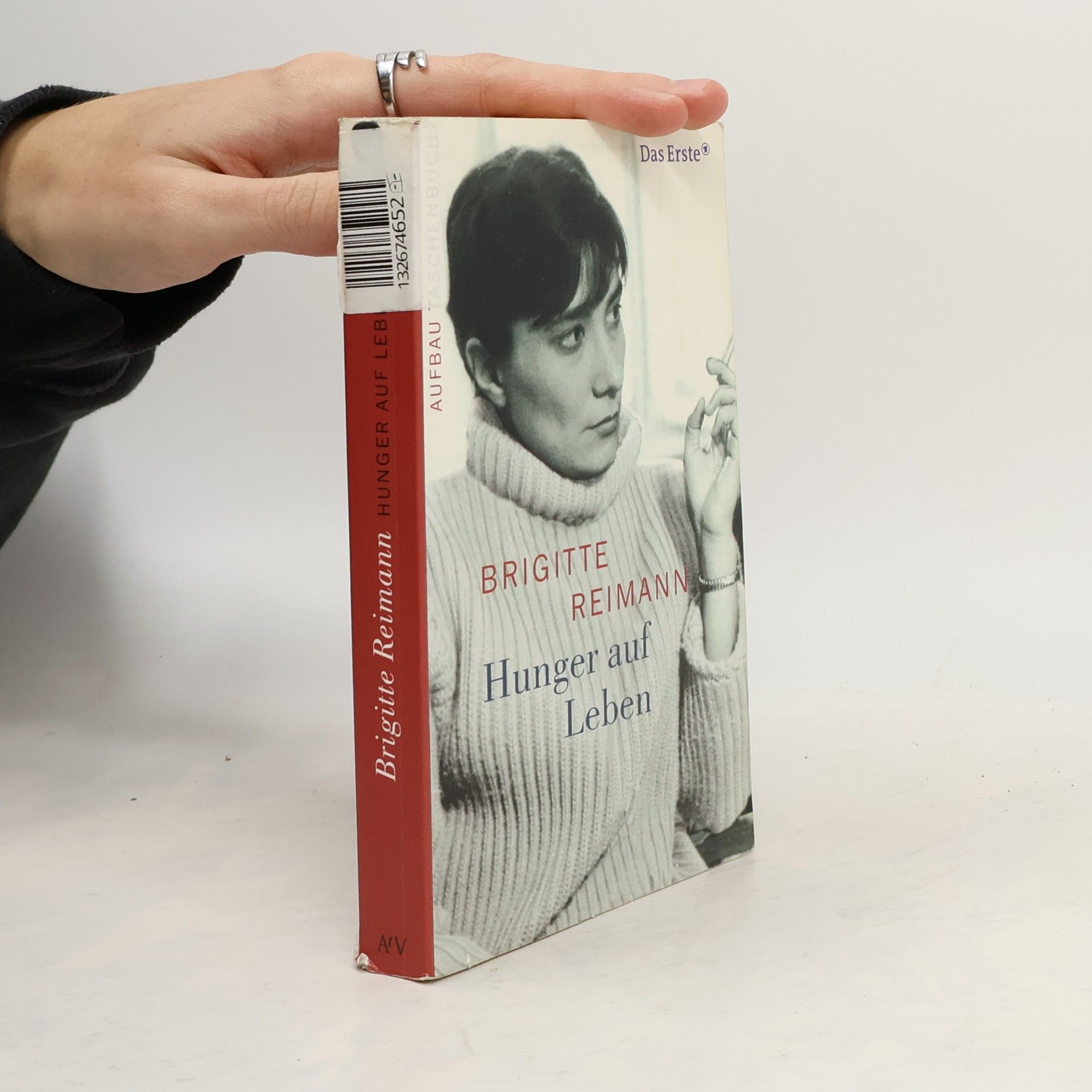I Have No Regrets - Diaries, 1955-1963
- 500 páginas
- 18 horas de lectura
I enjoyed success too early, married the wrong man, and hung out with the wrong people; too many men have liked me, and I've liked too many men. Frank and refreshing, Brigitte Reimann's collected diaries provide a candid account of life in socialist Germany. With an upbeat tempo and amusing tone, I Have No Regrets contains detailed accounts of the author's love affairs, daily life, writing, and reflections. Like the heroines in her stories, Reimann was impetuous and outspoken, addressing issues and sensibilities otherwise repressed in the era of the German Democratic Republic. She followed the state's call for artists to leave their ivory towers and engage with the people, moving to the new town of Hoyerswerda to work part-time at a nearby industrial plant and run writing classes for the workers. Her diaries and letters provide a fascinating parallel to her fictional writing. By turns shocking, passionate, unflinching, and bitter--but above all life-affirming--they offer an unparalleled insight into what life was like during the first decades of the GDR.








